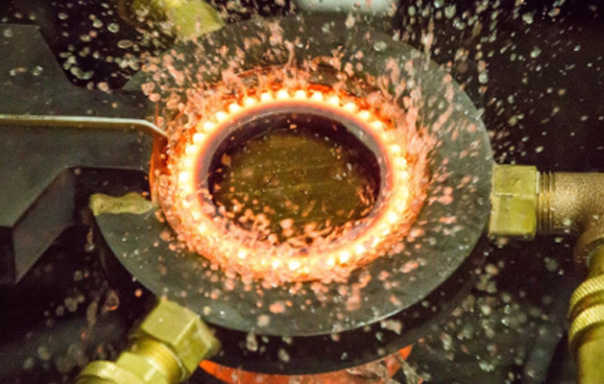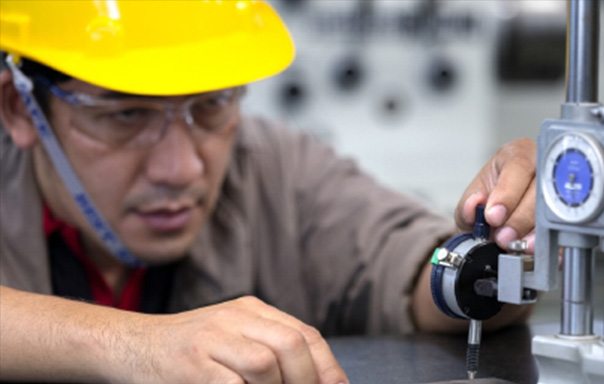As industrial requirements for material performance become increasingly stringent, steel materials that combine high strength, good formability, and durability have become core solutions for lightweighting and safety performance improvement. HC570/780CP, as a typical high-strength complex phase steel, achieves an excellent balance in mechanical properties, corrosion resistance, and processability through multi-phase structure design and precise composition control, finding wide application in key fields such as automotive manufacturing and mechanical engineering. This article will systematically analyze the characteristics of HC570/780CP steel from the perspectives of chemical composition, microstructure, mechanical properties, corrosion resistance, and weldability, providing references for its application and selection.
Chemical Composition of HC570/780CP Steel
The chemical composition of HC570/780CP high-strength complex phase steel determines its core properties, making it a reliable material in industrial applications. Its main components include carbon (C), silicon (Si), manganese (Mn), phosphorus (P), sulfur (S), aluminum (Al), and titanium (Ti): carbon provides strength, silicon improves ductility, manganese enhances hardenability and toughness, phosphorus increases corrosion resistance, sulfur facilitates machining, and titanium refines grain size and strengthens the material.
Meanwhile, the content of impurities such as nitrogen and oxygen in the steel is low, and precise control of composition during production ensures consistent performance across batches. Understanding these components is crucial for selecting appropriate manufacturing processes and maximizing material potential.
Microstructure of HC570/780CP Steel
The microstructure of HC570/780CP steel is key to its mechanical properties, consisting of multiple phases including ferrite, bainite, and martensite. The proportion and distribution of these phases directly affect overall strength and toughness: ferrite ensures basic ductility, bainite provides higher strength, and martensite contributes excellent hardness.
Heat treatment significantly influences the microstructure; for example, rapid cooling after hot rolling promotes martensite formation, increasing hardness and tensile strength. This multi-phase balance allows the steel to maintain reasonable formability while achieving high strength.
Mechanical Properties of HC570/780CP Steel
HC570/780CP exhibits excellent mechanical properties, making it ideal for various applications, especially in automotive manufacturing:
1.High tensile strength, capable of withstanding large loads without breaking or deformation;
2.Reasonable combination of yield strength and ultimate strength, suitable for critical structural components;
3.Good ductility, allowing easy forming into desired shapes through processes like stamping and bending;
4.Low work hardening rate, preventing reduced ductility or increased brittleness from repeated deformation.
These characteristics make it highly favored in scenarios requiring high durability and reliability.
Corrosion Resistance of HC570/780CP Steel
The corrosion resistance of HC570/780CP stems from the combined effect of its chemical composition and microstructure: chromium forms an oxide layer on the surface to prevent rusting, while elements like molybdenum and nickel further enhance corrosion resistance; the multi-phase structure maintains stability required for corrosion resistance while ensuring strength.
This makes it suitable for harsh environments such as those with saltwater or acids. With proper maintenance, its service life is much longer than that of traditional steels.
Weldability of HC570/780CP Steel
HC570/780CP has good weldability, largely due to its low carbon content and reasonable proportion of alloying elements. During welding, it is necessary to control heat input, speed, and preheating temperature. It is recommended to use low-hydrogen electrodes or filler materials matching the base metal. Preheating may be required for thicker components or welding in low-temperature environments to avoid defects such as pores and cracks.
Conclusion
Through precise design of composition and structure, HC570/780CP high-strength complex phase steel combines high strength, high ductility, good corrosion resistance, and weldability. It is particularly suitable for automotive chassis, collision management systems, and other components, making it an excellent choice for lightweight, high-performance materials in modern engineering.


Baoshan District,
Shanghai, China.



